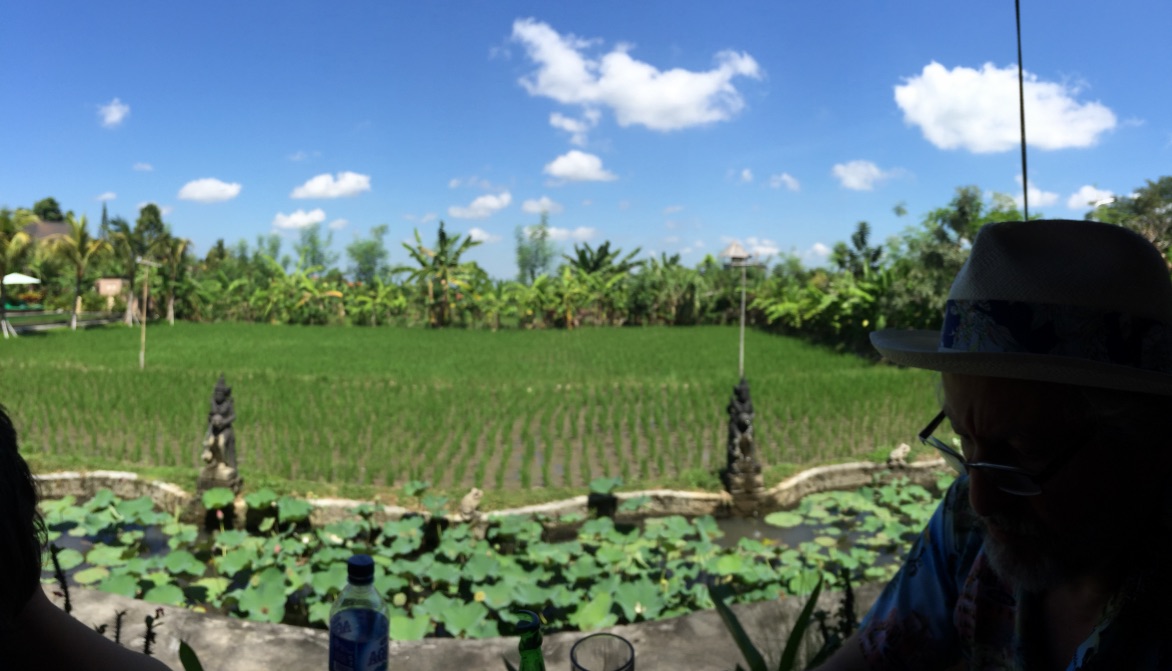Dear Students
Welcome to this module on Environment, Trade and IPRs.
The tragedy of the commons thesis argues that humans are locked into a system whereby our pursuit of self-interest erodes the commons. Continuous trade and economic growth may eventually lead to an exhaustion of environmental resources. It is true that the regulation of the environment (as in food, traditional genetic resources, green technologies) affects the trading patterns of both large and small producer countries, and the view that trade relations benefit all actors is a controversial one. But negative scenarios are not inevitable. Human societies are fully capable of managing the commons in ways that protect nature for the benefit of us all. For one thing, institutional intervention and technical progress should be focused so that resources are continuously directed towards environmental improvement. Trade relations can be managed in sustainable and mutually beneficial ways. The questions are, how best do we do this? And what is the role of IP law?
This module studies the interrelation between : (i) the environment (with respect to food production and consumption, climate, biodiversity conservation and use, and ancillary rights and legal instruments such as human rights an benefit sharing, conventions and protocols on climate change and biodiversity conservation); (ii) trade (as regulated in the EU, the US, and internationally by the WTO, and UN organisations), and (iii) technology whose promotion and diffusion we are increasingly reliant – for better or for worse – on a spectrum of intellectual property rights (patents, plant variety rights, utility models, trade marks, geographical indications and technology transfer rules and practices). The topics are dealt with each week through case studies.
Lawyers can save the planet!
Prof. Uma Suthersanen and Prof. Graham Dutfield
Welcome to this module on Environment, Trade and IPRs.
The tragedy of the commons thesis argues that humans are locked into a system whereby our pursuit of self-interest erodes the commons. Continuous trade and economic growth may eventually lead to an exhaustion of environmental resources. It is true that the regulation of the environment (as in food, traditional genetic resources, green technologies) affects the trading patterns of both large and small producer countries, and the view that trade relations benefit all actors is a controversial one. But negative scenarios are not inevitable. Human societies are fully capable of managing the commons in ways that protect nature for the benefit of us all. For one thing, institutional intervention and technical progress should be focused so that resources are continuously directed towards environmental improvement. Trade relations can be managed in sustainable and mutually beneficial ways. The questions are, how best do we do this? And what is the role of IP law?
This module studies the interrelation between : (i) the environment (with respect to food production and consumption, climate, biodiversity conservation and use, and ancillary rights and legal instruments such as human rights an benefit sharing, conventions and protocols on climate change and biodiversity conservation); (ii) trade (as regulated in the EU, the US, and internationally by the WTO, and UN organisations), and (iii) technology whose promotion and diffusion we are increasingly reliant – for better or for worse – on a spectrum of intellectual property rights (patents, plant variety rights, utility models, trade marks, geographical indications and technology transfer rules and practices). The topics are dealt with each week through case studies.
Lawyers can save the planet!
Prof. Uma Suthersanen and Prof. Graham Dutfield
